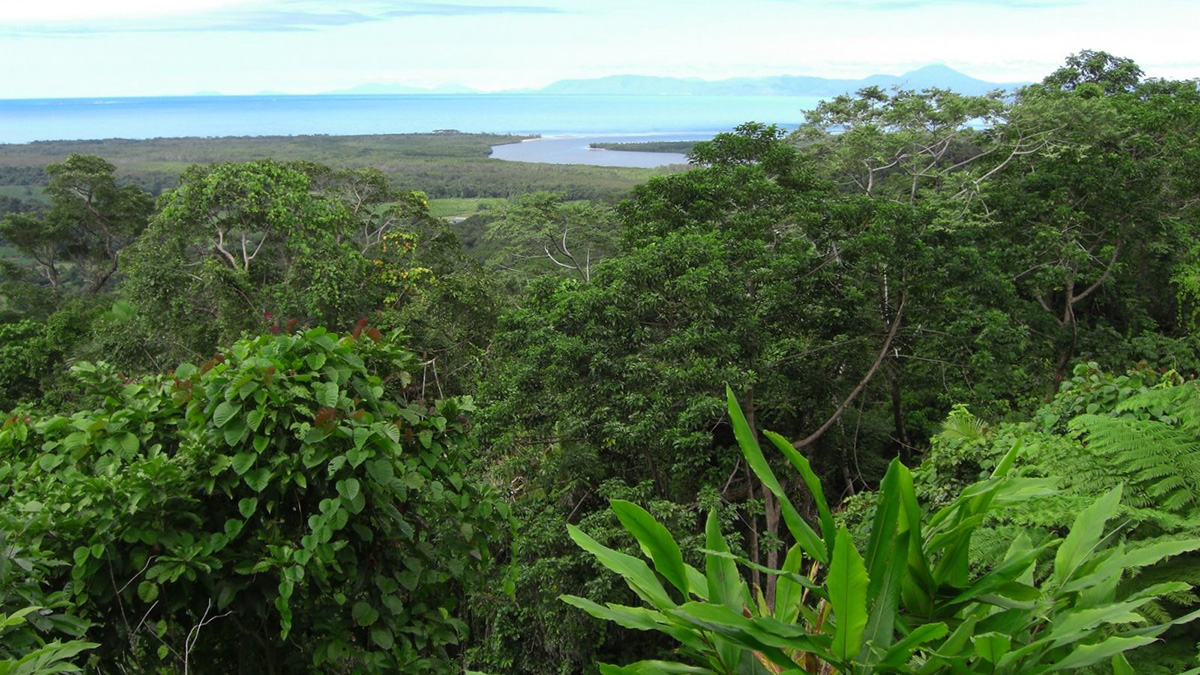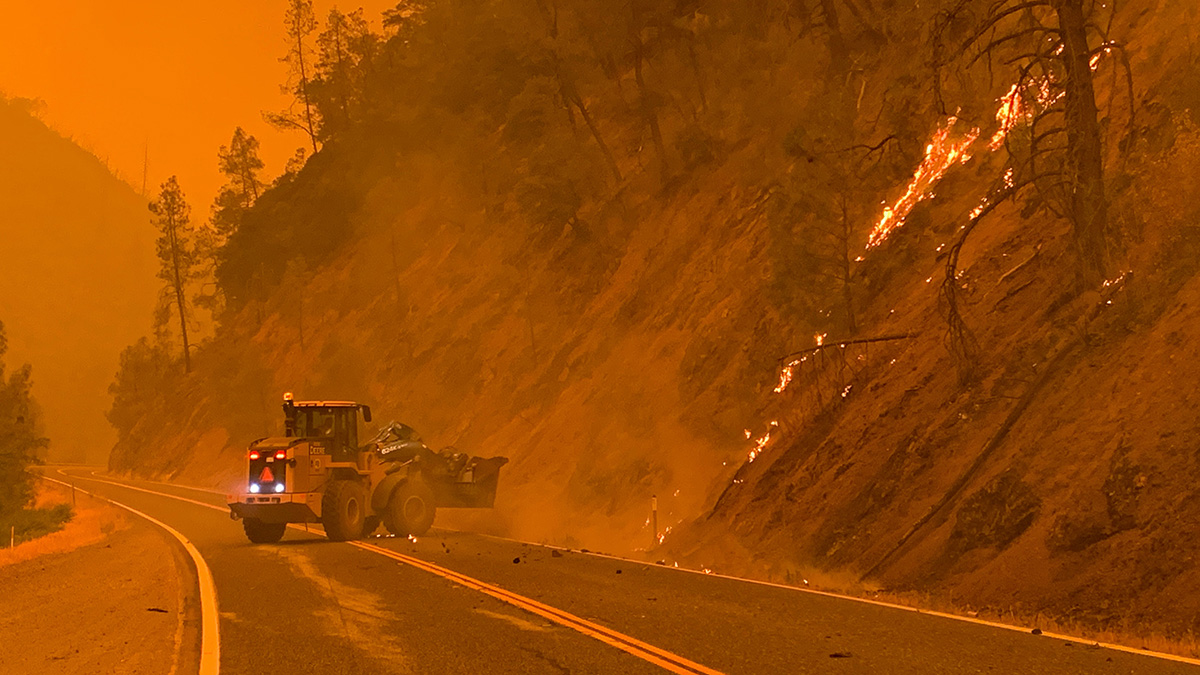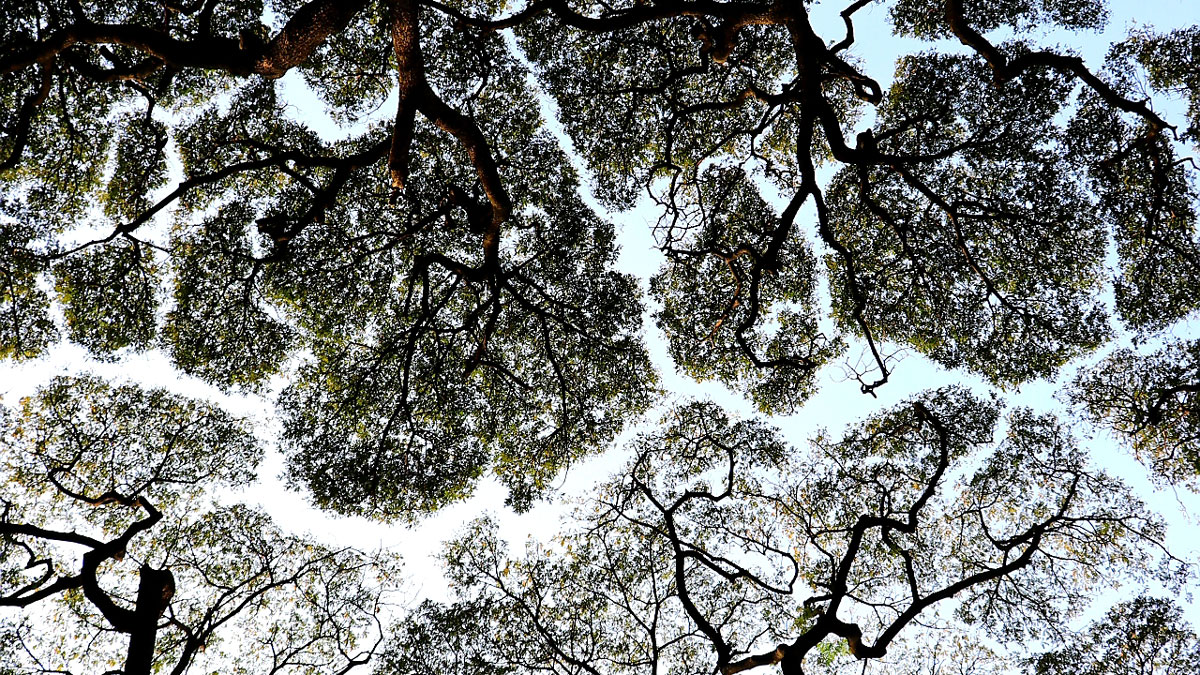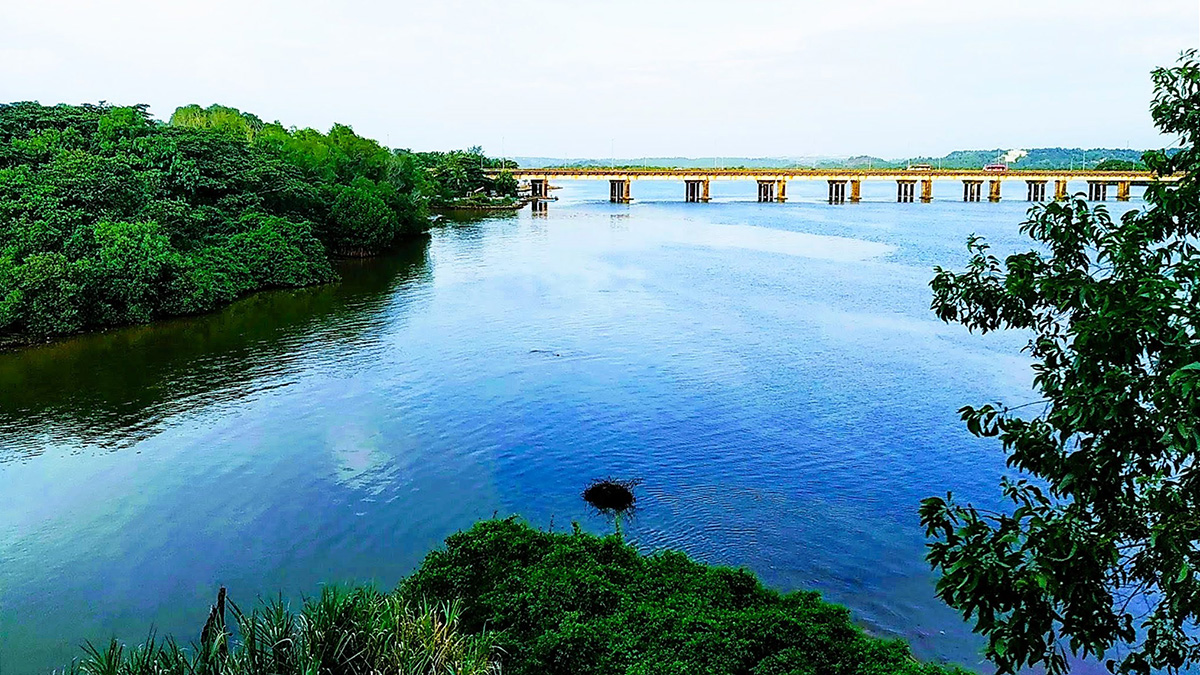Irrigation-related cooling during summer months is overestimated by roughly 5 times, highlighting the need for climate models to accurately reflect local agricultural practices.
Rishika Pardikar
Rishika Pardikar is a freelance environment reporter covering science, law, and policy. She lives in Bengaluru, India.
Los Himalayas atraviesan por una “excepcional” pérdida de masa glaciar
Los Himalayas han perdido 40% de su masa glaciar desde la Pequeña Edad de Hielo. El Este de Nepal y Bután han sufrido pérdidas de forma más acelerada.
Tree Mortality Risk Surges in Australian Rain Forests
Researchers link vulnerability to “atmospheric drought” associated with climate change.
Without Deep Emissions Cuts, Marine Species Face Mass Extinction
On the basis of how much oxygen marine species need and how much is available, researchers predict extinctions comparable to those at the end of the Permian under a business-as-usual emissions scenario.
A Community-Led Landslide Prediction System in India
In a first-of-its-kind disaster prevention initiative, a meteorology-based landslide prediction system was developed as a crowdsourced science effort.
Wildfire, Drought, and Insects Threaten Forests in the United States
Western forest managers face a catch-22: They can keep carbon sequestered in trees by reducing controlled burns, but that creates denser forests at greater risk of going up in uncontrolled flames.
Open and Fair Data in Tropical Forests
People who gather ground data on tropical forests are highly disadvantaged compared to the users of such data. A new paper suggests long-term collaborations as a path forward.
A New Index to Quantify River Fragmentation
Researchers have developed a new analysis based on a river’s catchment area as opposed its length.
Weighing the Benefits of Urban Greening
City communities may need to consider whether water absorption or cooling benefits are more important when designing urban greening.
Himalayas Are Experiencing an “Exceptional” Loss of Glacial Mass
The Himalayas have lost 40% of their glacial mass since the Little Ice Age. East Nepal and Bhutan have experienced the most rapid losses.










